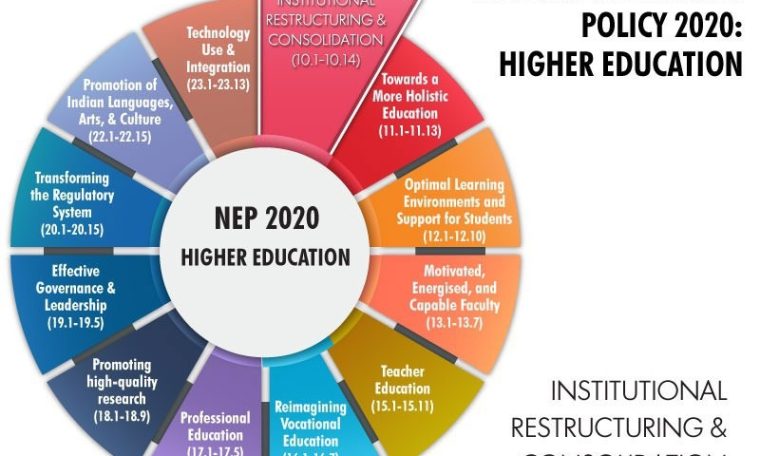
In the wake of the New Education Policy 2020, educational institutions across the globe are reimagining their systems and methodologies to align with the changing landscape of education. One significant aspect of this transformation is the integration of School ERP (Enterprise Resource Planning) systems, which are playing a pivotal role in streamlining administrative processes, enhancing communication channels, and fostering efficient management practices within schools.
School ERP systems have emerged as indispensable tools in the realm of education management, offering a comprehensive solution to the diverse needs of modern educational institutions. With features ranging from student information management and attendance tracking to resource allocation and financial management, these platforms provide a unified interface for administrators, teachers, students, and parents alike.
Under the ambit of the New Education Policy 2020, which emphasizes the holistic development of students and the integration of technology in education, School ERP systems serve as catalysts for innovation and efficiency. By digitizing administrative tasks such as admissions, fee management, and timetable scheduling, these systems enable schools to allocate more time and resources towards academic and co-curricular activities, thereby fostering a conducive learning environment.
One of the key objectives outlined in the New Education Policy 2020 is to promote the use of technology in education to enhance the teaching-learning process and improve educational outcomes. School ERP systems facilitate this objective by providing educators with tools for creating interactive lesson plans, conducting assessments, and tracking student progress in real-time. Additionally, these platforms support personalized learning initiatives by enabling teachers to tailor their instructional methods according to the unique needs and learning styles of individual students.
Furthermore, School ERP systems play a crucial role in enhancing communication and collaboration among stakeholders within the education ecosystem. With features such as parent portals and mobile applications, these platforms facilitate seamless communication between schools and parents, providing timely updates on academic progress, attendance records, and school events. Moreover, administrators can use the data analytics capabilities of School ERP systems to gain insights into student performance trends and make informed decisions to improve educational outcomes.
In the context of the New Education Policy 2020, which emphasizes the importance of inclusive education and equitable access to learning opportunities, School ERP systems serve as enablers of accessibility and transparency. By providing a centralized platform for managing student records, academic resources, and financial transactions, these systems ensure that all stakeholders have equal access to information and resources, regardless of their geographical location or socioeconomic background.
Another significant aspect of the New Education Policy 2020 is the focus on skill development and vocational training to prepare students for the challenges of the 21st-century workforce. School ERP systems support this objective by facilitating the integration of vocational courses, extracurricular activities, and career guidance programs into the school curriculum. Moreover, these platforms enable schools to forge partnerships with industry stakeholders and leverage technology-enabled learning resources to impart practical skills and knowledge to students.
In conclusion, School ERP systems are instrumental in realizing the vision outlined in the New Education Policy 2020 by providing a robust framework for efficient education management and fostering innovation in teaching and learning practices. As educational institutions continue to adapt to the evolving landscape of education, School ERP systems will play an increasingly vital role in shaping the future of learning and ensuring equitable access to quality education for all.
By embracing the transformative potential of School ERP systems, educational institutions can pave the way for a more inclusive, dynamic, and student-centric approach to education, in line with the aspirations of the New Education Policy 2020.



